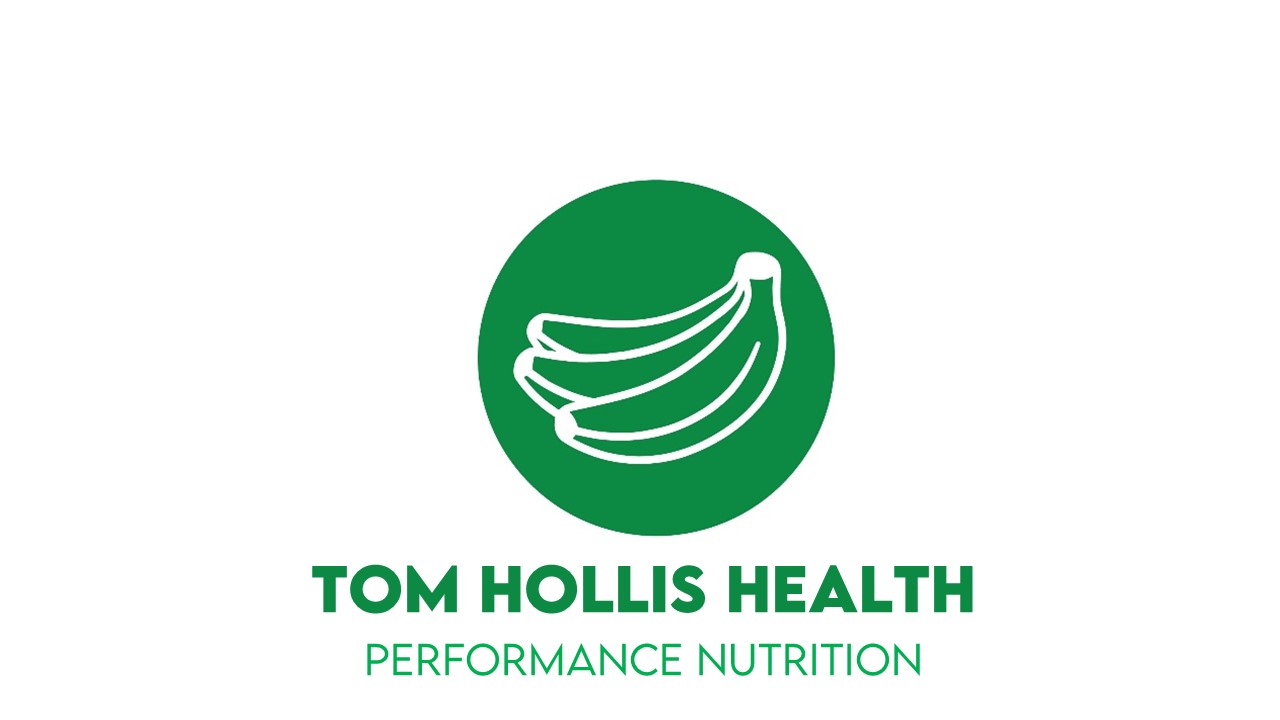Once upon a time, ‘Blue Monday’ was just a legendary 80s dance track (the highest selling 12 inch single of all time, no less). These days, however, it has come to mean the point in January that apparently marks the most depressing day of the year.
Originally coined by Sky Travel as part of a PR campaign, the ‘formula’ for Blue Monday factors in debt, weather, time since Christmas, motivation levels (or lack of) and failing new year’s resolutions, with the perfect storm deemed to be the Monday of the last full week in January.
However, clearly it is just a bit of pseudoscience, and shouldn’t be taken too seriously. Equally though, it’s important not to confuse this with clinical depression. Mental health issues are widely misunderstood, misdiagnosed, and under-researched, despite their ever-increasing prevalence in our society. Stress no doubt has a big part to play (see my previous post on this), as does an ageing population. The proportion of elderly patients in hospital that have dementia (often with associated malnutrition), for example, is genuinely quite scary.
As ever, I have digressed – sorry. But my point is, Blue Monday aside, mental health is precious. So, is there a link between diet and mental health? Do micronutrients have a role to play here? The answer is firmly, unequivocally: yes. As this is something of a mammoth topic, with plenty of evidence out there, I won’t attempt to cover everything now, but will treat this is an introductory blog, and look at the role of vitamins, minerals and other dietary components in mental health over the next couple of weeks.
So, for now, just rest assured that there are fundamental links between diet and mental health, and in fact, the causality can work in both directions (i.e. malnutrition can result in poor mental health, and vice versa). At a macro level, diet is clearly important. Just to pick three simple examples of this, well spaced meals (and carbohydrate intake) helps to prevent blood sugar dips, lethargy and low mood, adequate fluid intake prevents dehydration and the mental fatigue associated with this, and alcohol is a well known depressant. But micronutrients also appear to have a crucial role to play, as we will look at in future posts.




